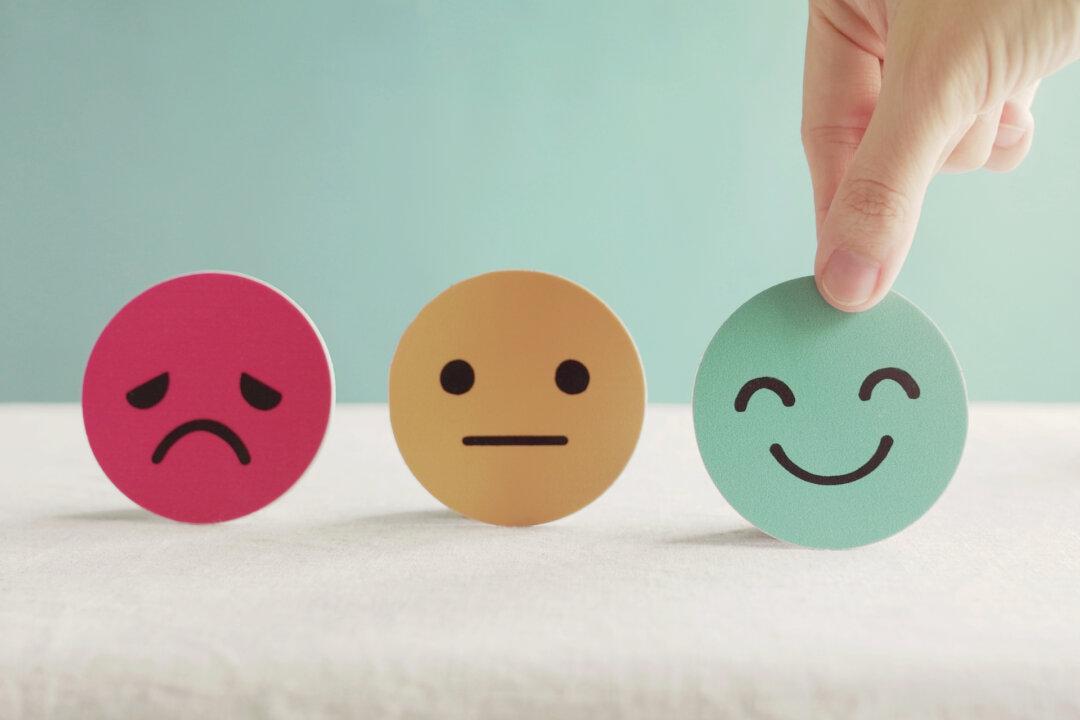Most adults in the United States say they feel positive about their mental health and are comfortable talking about it—but that optimism fades among younger Americans, who remain less likely to speak up or receive support, according to new survey data released for National Mental Health Awareness Month.
The nationwide poll, conducted by The Harris Poll in partnership with the American Psychological Association, found that 51 percent of U.S. adults feel good about their mental health. More than 80 percent said they are comfortable discussing mental health with others, including family, friends, or health care providers.





